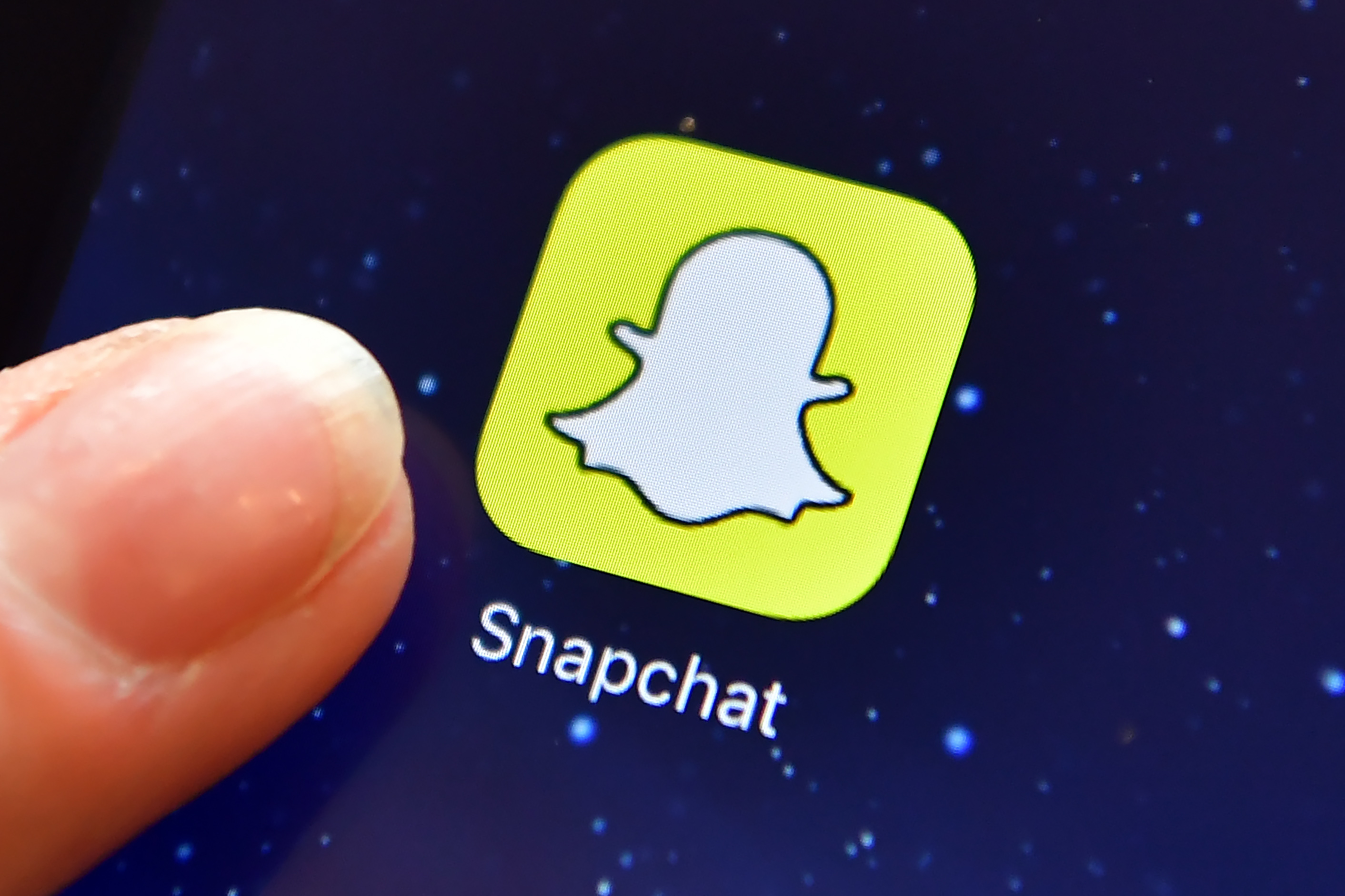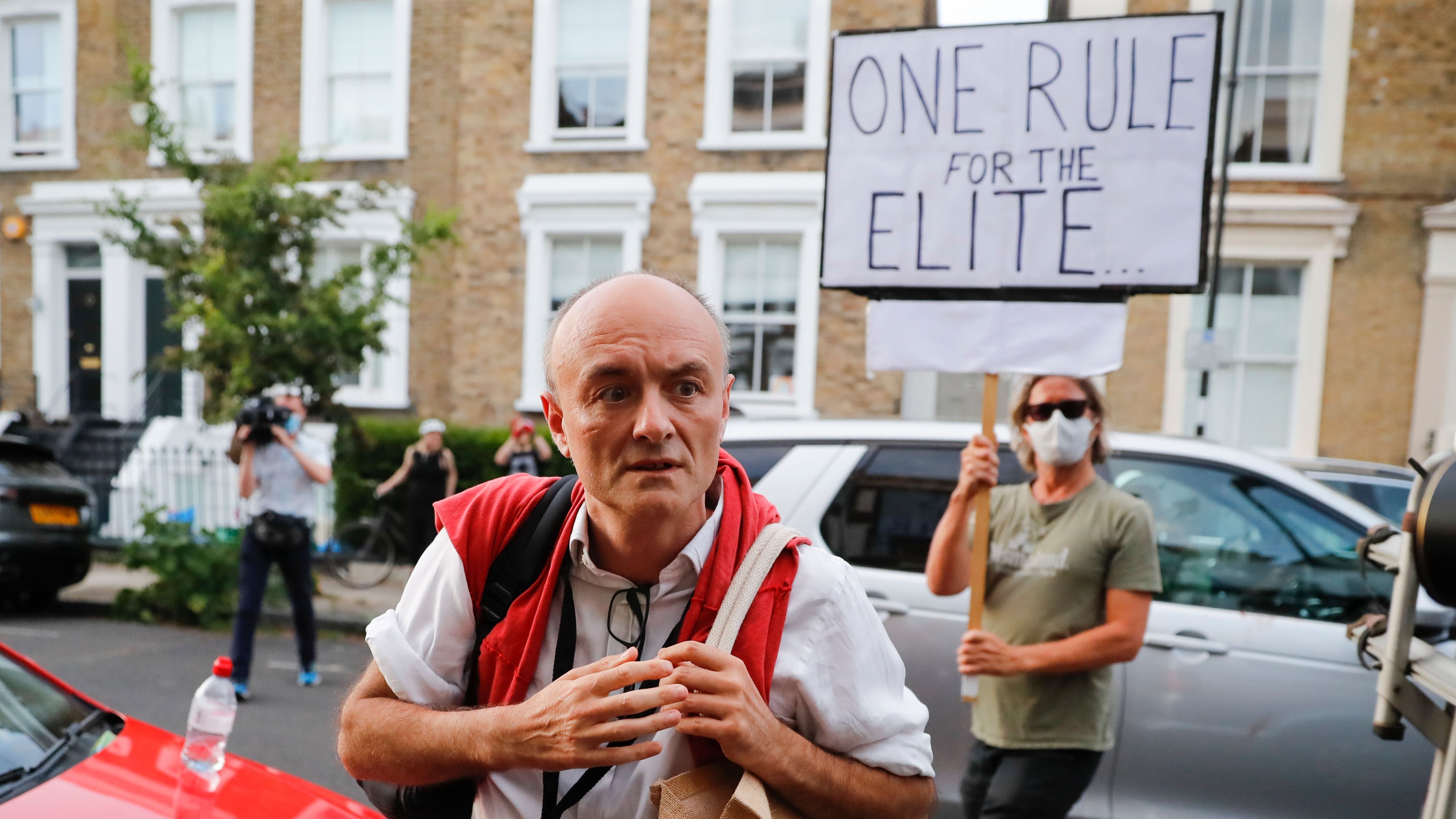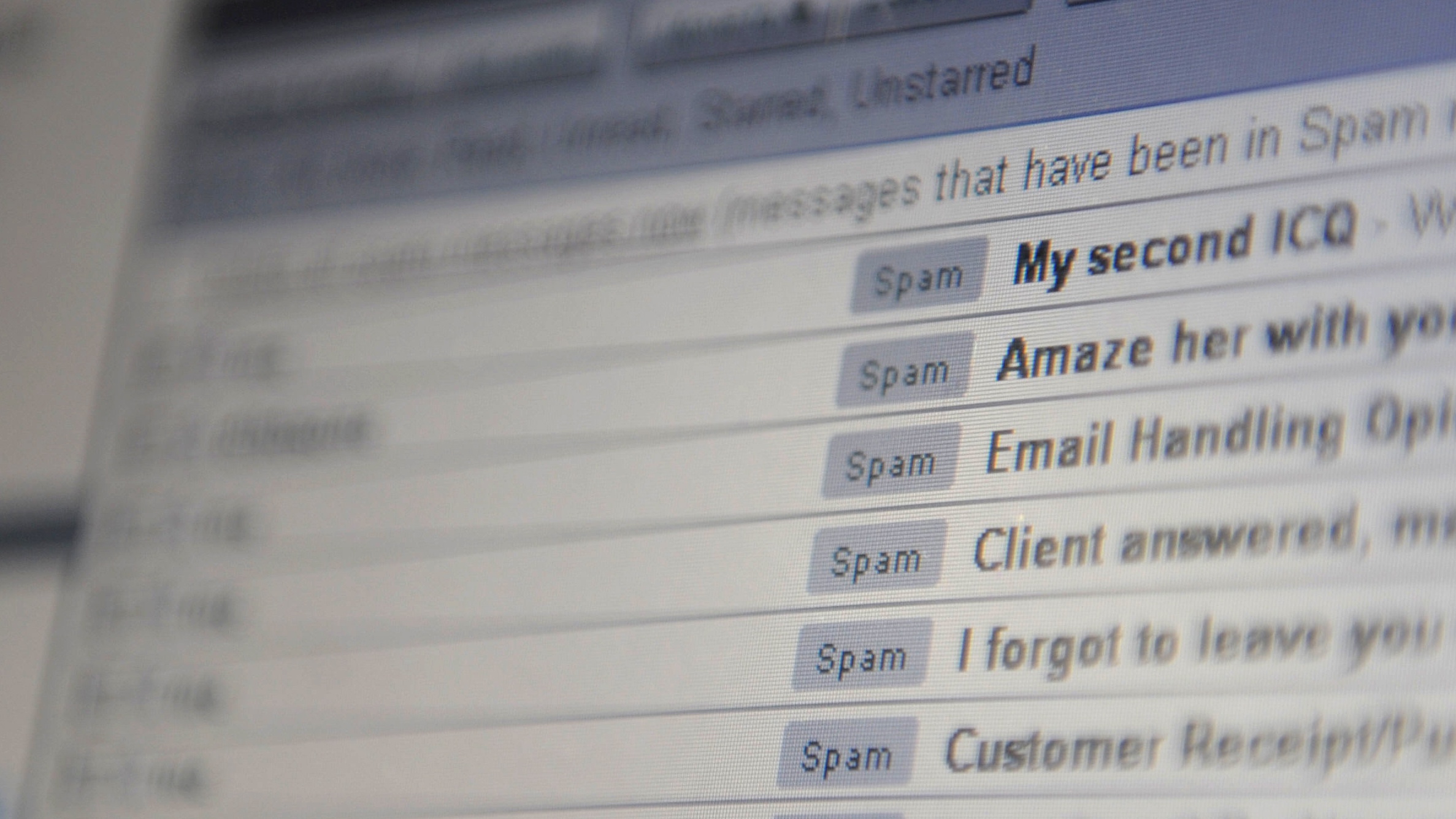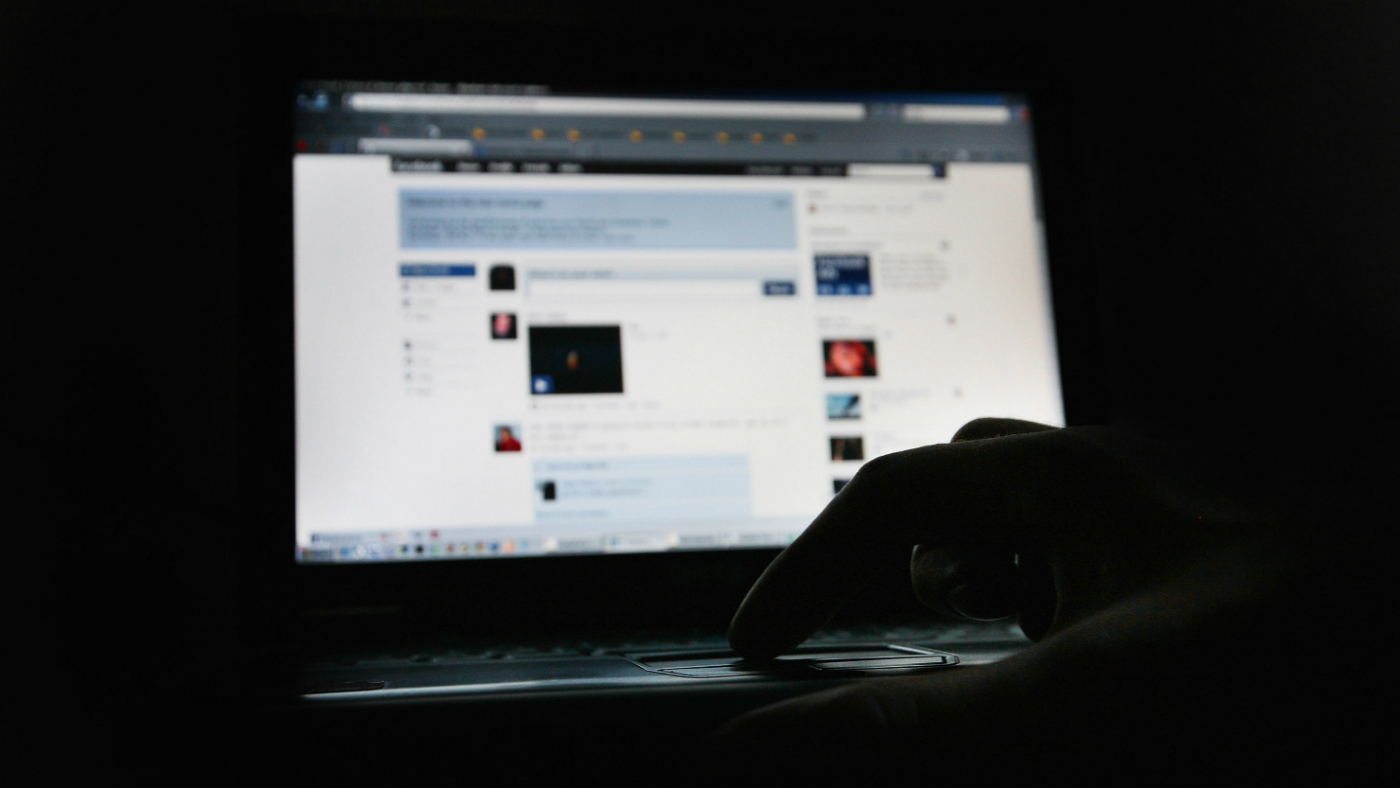Why have 3 million users left Snapchat?
App suffers its first fall in daily activity after the controversial redesign last year

A free daily email with the biggest news stories of the day – and the best features from TheWeek.com
You are now subscribed
Your newsletter sign-up was successful
Photo sharing app Snapchat lost 3 million users during its most recent financial quarter, the first drop in daily activity in the company’s seven-year history.
The social app’s financial results from its second quarter, ending on 30 June, reveal that an average of 188 million users interacted with the platform daily over the three-month period, a 3 million drop compared with the previous quarter.
Shares in the company fell by around 8% when the markets opened in New York yesterday morning, before finishing the day 6.8% down, the BBC says.
The Week
Escape your echo chamber. Get the facts behind the news, plus analysis from multiple perspectives.

Sign up for The Week's Free Newsletters
From our morning news briefing to a weekly Good News Newsletter, get the best of The Week delivered directly to your inbox.
From our morning news briefing to a weekly Good News Newsletter, get the best of The Week delivered directly to your inbox.
Rob Kniaz, co-founder of technology venture capitol firm Hoxton Ventures, told the broadcaster: “When you look at the numbers, if you’ve lost 3 million of your most active users by definition, it tells you something is materially wrong with the product and maybe the company.”
It’s believed the drop in users resulted from a controversial redesign in November, which prompted 1.2 million users to sign a petition “urging the company to revert to the previous layout”, The Independent reports.
But Snapchat chief Evan Spiegel wrote in a letter to investors that the company has “now addressed the biggest frustrations we’ve heard and are eager to make more progress on the tremendous opportunity we now have to show more of the right content to the right people”.
Despite the user exodus, The Verge says Snapchat’s financial results are still exceeding investor expectations.
A free daily email with the biggest news stories of the day – and the best features from TheWeek.com
Revenue grew by 44% when comparing this year’s second quarter to the same period in 2017, rising from $182m (£139m) last year to $262m (£203m) in 2018, the tech site says.
-
 Political cartoons for February 15
Political cartoons for February 15Cartoons Sunday's political cartoons include political ventriloquism, Europe in the middle, and more
-
 The broken water companies failing England and Wales
The broken water companies failing England and WalesExplainer With rising bills, deteriorating river health and a lack of investment, regulators face an uphill battle to stabilise the industry
-
 A thrilling foodie city in northern Japan
A thrilling foodie city in northern JapanThe Week Recommends The food scene here is ‘unspoilt’ and ‘fun’
-
 How cybercriminals are hacking into the heart of the US economy
How cybercriminals are hacking into the heart of the US economySpeed Read Ransomware attacks have become a global epidemic, with more than $18.6bn paid in ransoms in 2020
-
 Language-learning apps speak the right lingo for UK subscribers
Language-learning apps speak the right lingo for UK subscribersSpeed Read Locked-down Brits turn to online lessons as a new hobby and way to upskill
-
 Brexit-hobbled Britain ‘still tech powerhouse of Europe’
Brexit-hobbled Britain ‘still tech powerhouse of Europe’Speed Read New research shows that UK start-ups have won more funding than France and Germany combined over past year
-
 Playing Cupid during Covid: Tinder reveals Britain’s top chat-up lines of the year
Playing Cupid during Covid: Tinder reveals Britain’s top chat-up lines of the yearSpeed Read Prince Harry, Meghan Markle and Dominic Cummings among most talked-about celebs on the dating app
-
 Brits sending one less email a day would cut carbon emissions by 16,000 tonnes
Brits sending one less email a day would cut carbon emissions by 16,000 tonnesSpeed Read UK research suggests unnecessary online chatter increases climate change
-
 Reach for the Moon: Nokia and Nasa to build 4G lunar network
Reach for the Moon: Nokia and Nasa to build 4G lunar networkSpeed Read Deal is part of the US space agency’s plan to establish human settlements on the lunar surface
-
 iPhone 12 launch: what we learned from the Apple ‘Hi, Speed’ event
iPhone 12 launch: what we learned from the Apple ‘Hi, Speed’ eventSpeed Read Tech giant unveils new 5G smartphone line-up
-
 Russian agency behind US election meddling ‘created fake left-wing news site’
Russian agency behind US election meddling ‘created fake left-wing news site’Speed Read Facebook says real reporters were hired by fake editors to write about US corruption